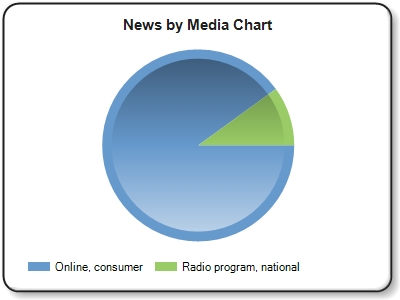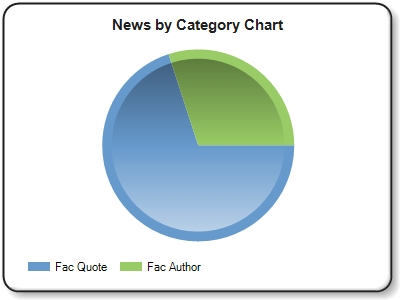Top Story
| American University Experts Discuss the NATO Summit |
| James Goldgeier, professor in the School of International Service, spoke to The Los Angeles Times about President Trump's position on NATO and the NATO summit in Brussels. Goldgeier said, “Trump tends to misuse facts. It's not true. NATO is not a protection racket.” The story ran in 12 outlets. Goldgeier also discussed this topic with The Associated Press – the article was republished in 749 outlets, including The New York Times -- and wrote an opinion article for The Washington Post. In addition, Garret Martin, professorial lecturer in the School of International Service, and SIS Ph.D. student Balazs Martonffy spoke about the summit with Hearst TV, BBC Radio, and NPR's All Things Considered. Martin and Martonffy also co-authored an article about the NATO Summit for The Conversation. The article was reprinted in five media outlets. (7/9, 7/10, 7/11, 7/12) |
Faculty Authors
| How Cities Help Immigrants Feel at Home: 4 Charts |
| Ernesto Castaneda, assistant professor of sociology, wrote an article for The Conversation about how different cities integrate immigrants into the local community. Castaneda wrote, “From the point of view of immigrants, then, it's the ratio between being specifically catered to and treated the same as anyone else that determines how welcome they feel.” The article ran in 7 outlets. (7/11) |
| The Pace of Nonprofit Media Growth is Picking Up |
| Charles Lewis, professor in the School of Communication, wrote an article for The Conversation about nonprofit media funding. “Why are foundations, individual philanthropists and now states pouring more money into the media? The answer is very simple. Without credible news and information, and thus a public that's at least somewhat informed and about the uses and abuses of power, a healthy democracy is not possible.” The article ran in 5 outlets. (7/11) |
Expertise
| Patagonia is Giving its Workers Election Day Off- and Says You Should, Too. |
| Capri Cafaro, executive-in-residence, spoke to The Washington Post about the potential impact outdoor retailer Patagonia's decision to close for Election Day could have on voter turnout. Cafaro said, “Anything that makes voting easier is going to help turnout, but there are so many other factors.” (7/6) |
| Trump's Allies Keep Using the Bible in the Immigration Debate |
| Washington College of Law Professor Stephen Wermiel spoke to the Washington Post about Bible references in political debates. Wermiel said, “Certainly the past norm of lending too much reliance or reference to religion in the decisions of public officials has good reason. But that so-called wall of separation which was a metaphor, has been eroded over the last several decades by Supreme Court decisions that say we need to recognize the place of religion in our society and in our civic life.” Wermiel also spoke to WPXI-11 about President Trump's Supreme Court nominee. (7/12) |
| Trump Replacement for Obama Climate Plan Moves Forward |
| School of International Service Professor Paul Wapner spoke to The Associated Press about the Trump administration's climate plan. Wapner said, “[The plan] opens the door for other countries now to cut back on their own domestic efforts.” The interview ran in 170 outlets, including ABC News and VOA News. (7/10) |
| Attorney Alan Dershowitz On How The Law Applies (Or Doesn't) To Trump |
| Distinguished Professor of History Allan Lichtman participated in a debate with Harvard Law School Emeritus Professor Alan Dershowitz on NPR's 1A about impeachment, Special Counsel Robert Mueller's investigation and President Trump. “I fundamentally disagree with the idea that impeachment requires only a technical violation of a criminal statute…Indeed, it is quite possible that Mr. Mueller will come up with serious high crimes and misdemeanors that are directed against the nation and our society,” Lichtman said. (7/11) |
|



